
Europe
The displacement situation in Europe is made up of a patchwork of conflicts and mixed migration patterns. Europe is the destination for millions of people leaving their homes to seek protection, safety and stability.
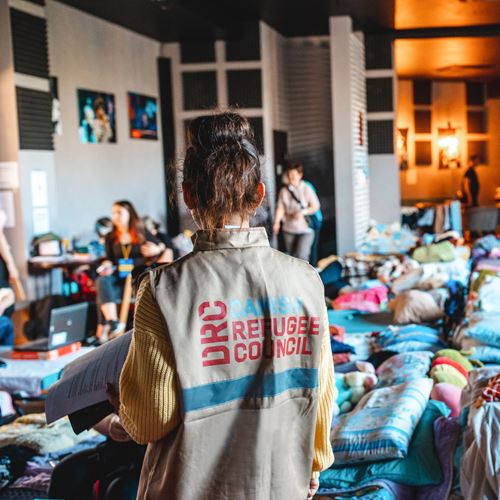
We stay and deliver
DRC is present in countries across the region - including at arrival hotspots, along migration routes, and in destination countries across Europe to assist displaced populations.
Current political trends are increasingly putting access, humanitarian principles and human rights under pressure. At the same time, countries in the region struggle with internal conflicts that have generated large-scale displacement internally and across borders. Since early 2022, the conflict in Ukraine has caused a massive and evolving humanitarian crisis and the largest displacement flows since World War II.
Interventions cover multiple DRC sectors - across Protection, Economic Recovery (ER), Humanitarian Disarmament & Peacebuilding (HDP), Shelter & Settlements (SS), and Camp Coordination & Camp Management (CCCM) - from emergency responses and life-saving aid to engagement in the pursuit of durable solutions to displacement.
DRC also delivers support and services responding to needs related to Water, Sanitation & Hygiene (WASH), Education, and Health.
Country operations in Europe

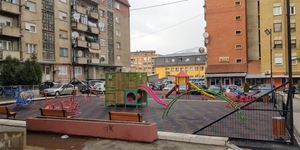
Kosovo
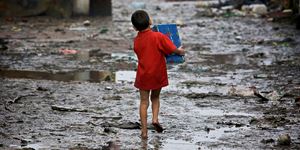
Serbia
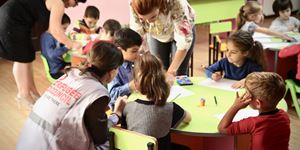
South Caucasus
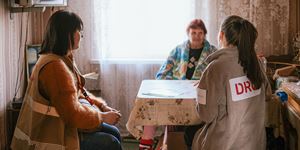
Ukraine
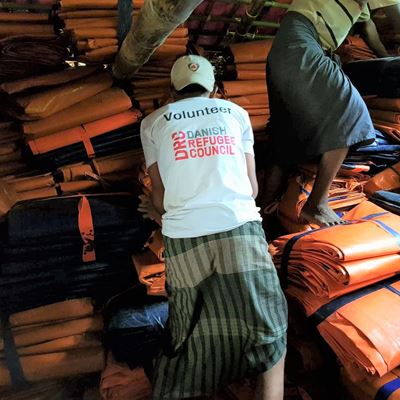
DRC representations in Brussels and Geneva
Brussels
DRC Danish Refugee Council
Avenue des Arts 7/8
1210 Brussels
Belgium
Read more about the DRC representation in Brussels
Geneva
DRC Danish Refugee Council
Avenue de France 23
1202 Geneva
Switzerland
Contact
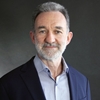
Gerry
Garvey
Executive Director Asia and Europe